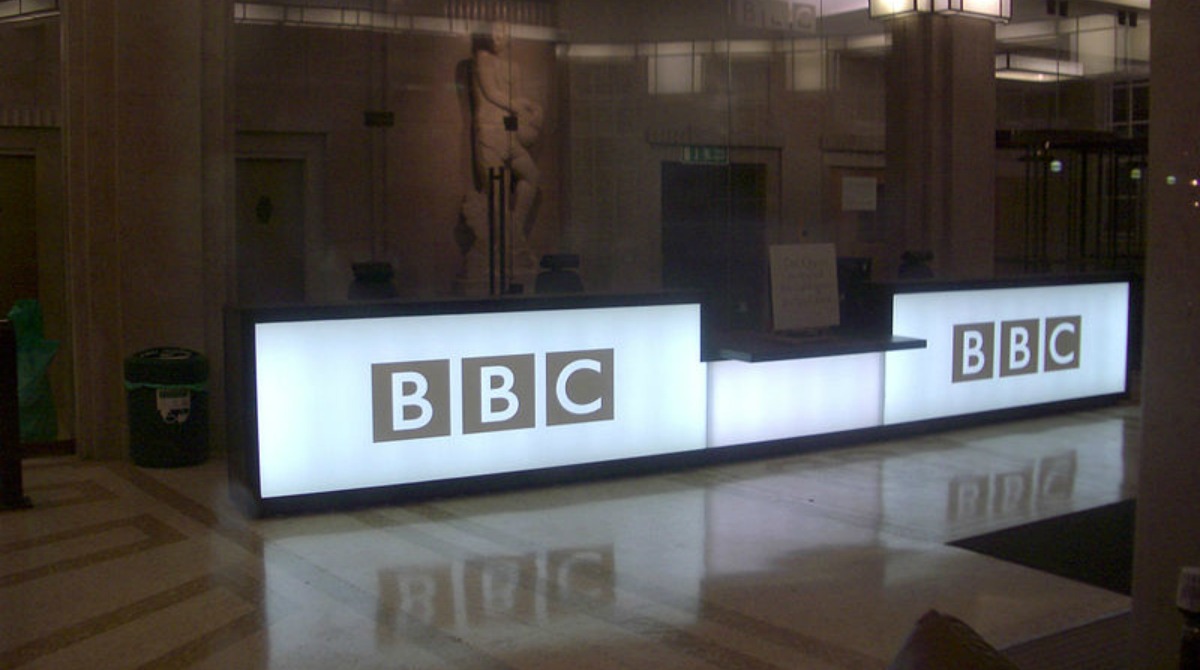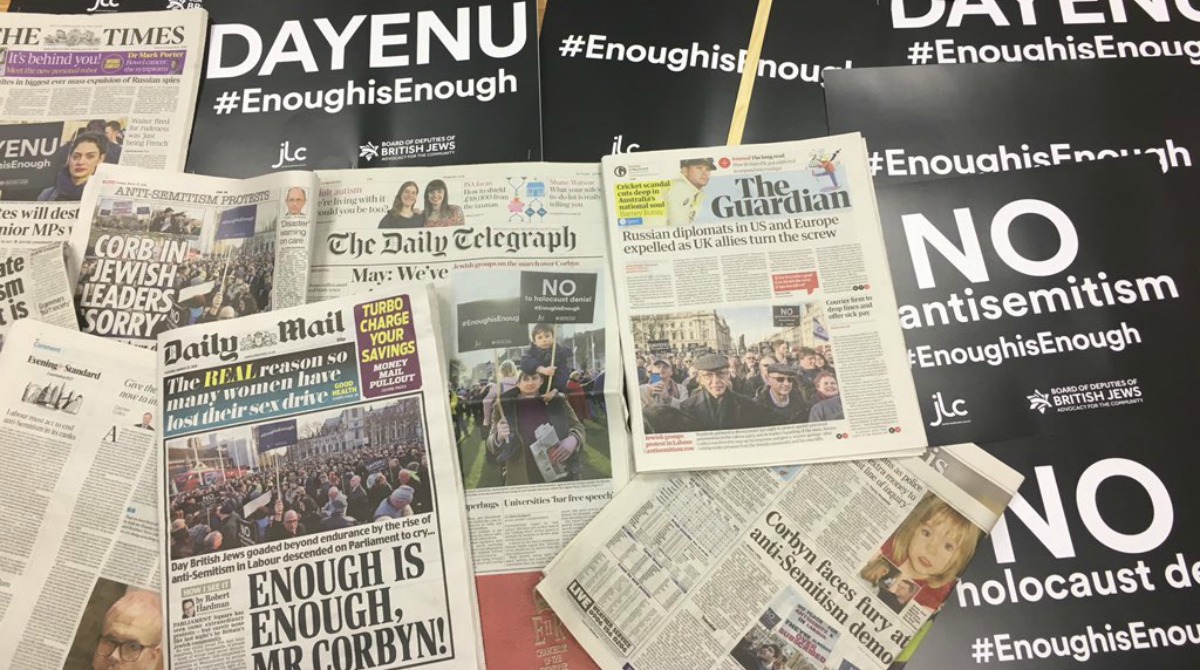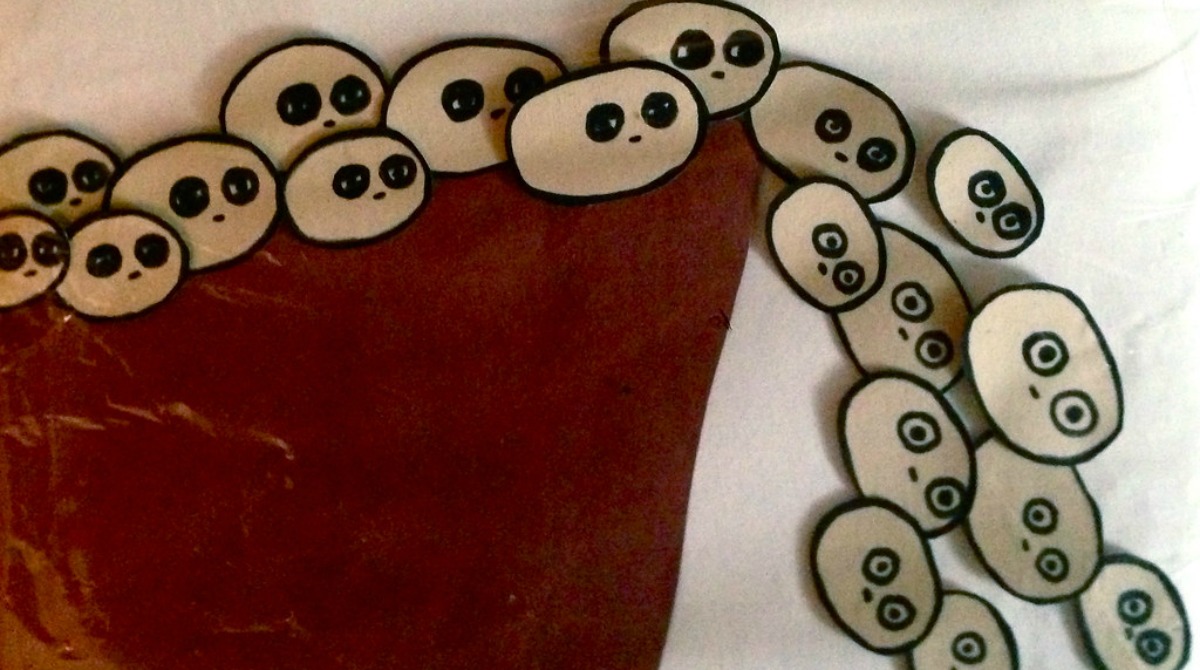Self-isolating in the moral maze
On this week’s edition of BBC Radio’s Moral Maze – the last in the current series – we discussed the desirability and effects of the strategy of social isolation imposed to combat the coronavirus crisis.
Never has there been such an identification of form with content! For the show was put on with all nine contributors – four panellists, four witnesses and one chairman – not in the studio as usual but participating remotely down nine separate lines. For a show which depends so much on eye-balling each other round the studio table for the vitality and smooth-running of its arguments, this was quite an achievement and a novel experience.
We discussed whether the public’s behaviour during this crisis was reaching new heights of altruism and togetherness or plumbing new depths of selfishness and anti-social behaviour. Was it bearing out the truth of the view articulated by Thomas Hobbes, that people were naturally disposed to “rapine and revenge”, or by Jean-Jacques Rousseau, that humans were essentially good? And would people suffer psychological harm from a prolonged lack of human contact, or are we more resilient than we think?
My fellow panellists were Michael Portillo, Mona Siddiqi and Giles Fraser, and our witnesses were radio presenter Julia Hartley-Brewer, psychology professor Andrew Colman and psychotherapists Hilda Burke and Mark Vernon. You can listen to the show here.




